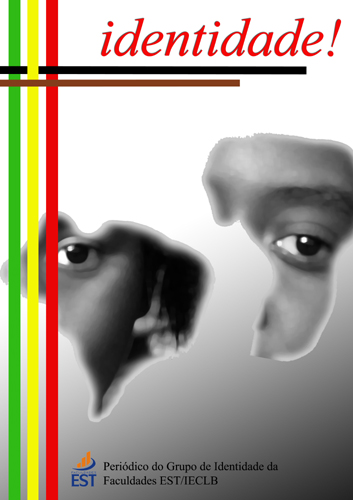Afro-pommerians
between the remembered Pomerania and the forgotten Africa
Keywords:
African descent, Pomeranians, Diaspora, Religiosity, EducationAbstract
For Durkheim, in a functionalist view of Society, Education plays a major role in the formation of cultural, ideological, scientific and social values, which means that the will and the models of good or bad, proposed for one generation, pass to another. In this respect , the law 10,639 questions a teacher and student training, whose worldview and curriculum are Eurocentric and gobinists, and it reaffirms the need to critically rethink the school as a pluralistic society immersed in a social institution, in an ethnic and cultural point of view, in which social actors are not often focused on a single identity and culture. This problem becomes explicit when faced with African-Pomeranians or black Pomeranians in Canguçu, Arroio do padre and São Lourenço do Sul. We can notice that historical and cultural differences of the constitution of these peoples in Brazil are accentuated, but the relationships between these groups were labeled by the work approach, which was not a slave, but wage, and by religiosity, as an example, the case of the Lutheran black community between Pomeranians in Manoel do Rego in Canguçu. Blacks appropriated of the Pomeranian language as a form of adaptation, but not without resistance, proof that the objects and symbols of their culture are represented in these spaces, yet so concealed.
Downloads
Published
How to Cite
Issue
Section
License

This work is licensed under a Creative Commons Attribution-NonCommercial-NoDerivatives 4.0 International License.


